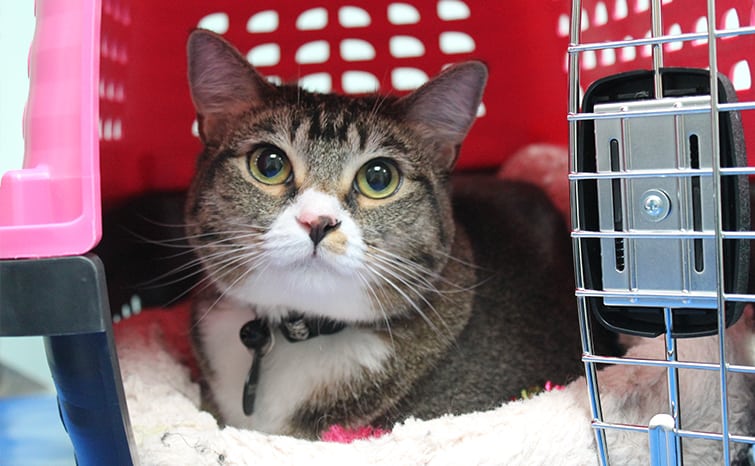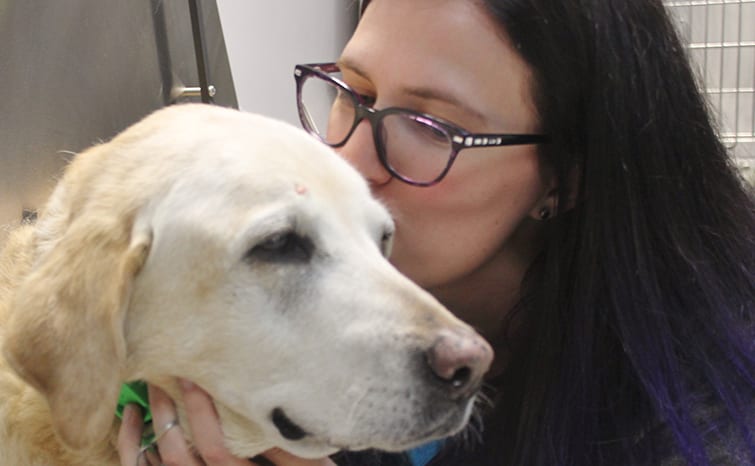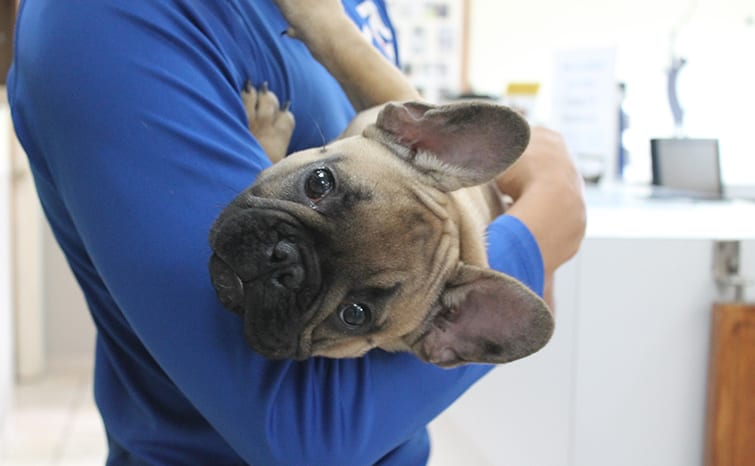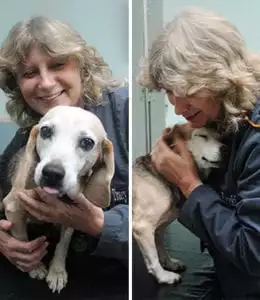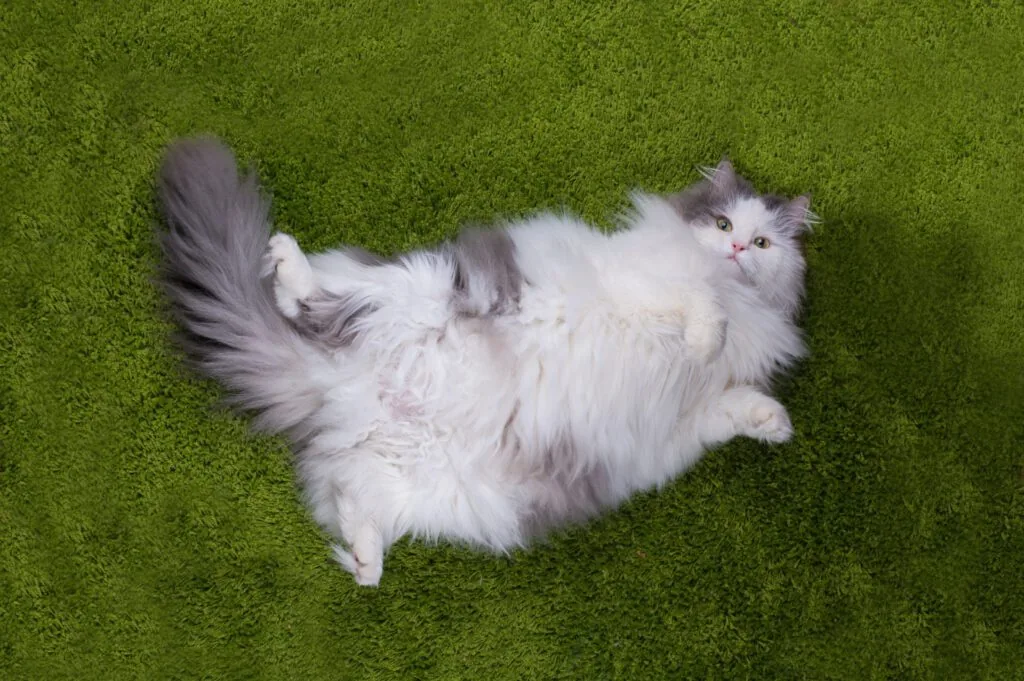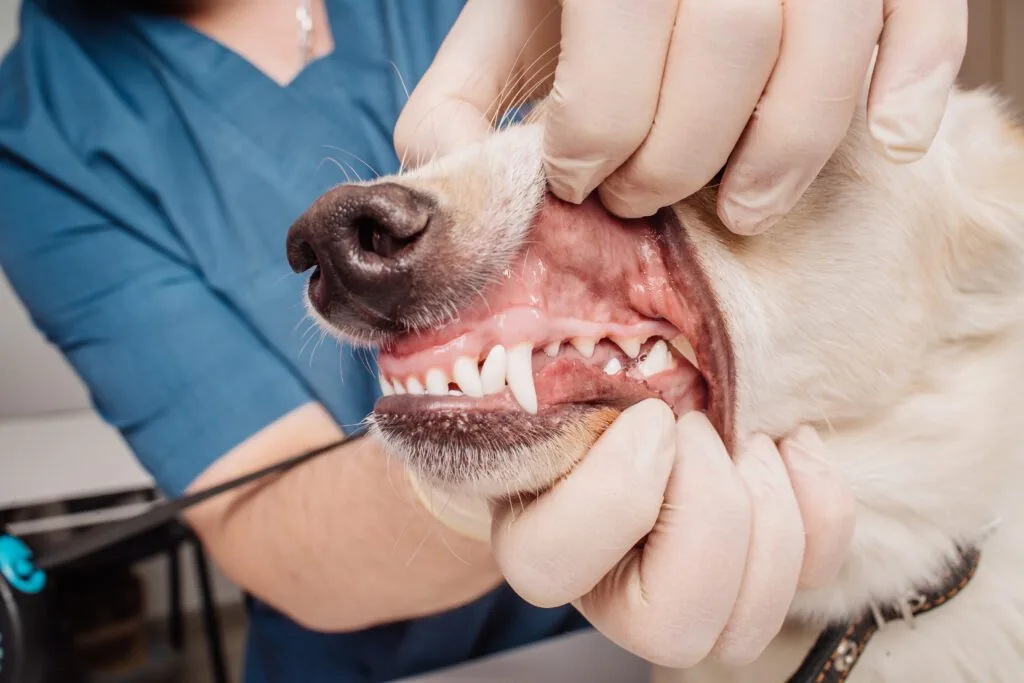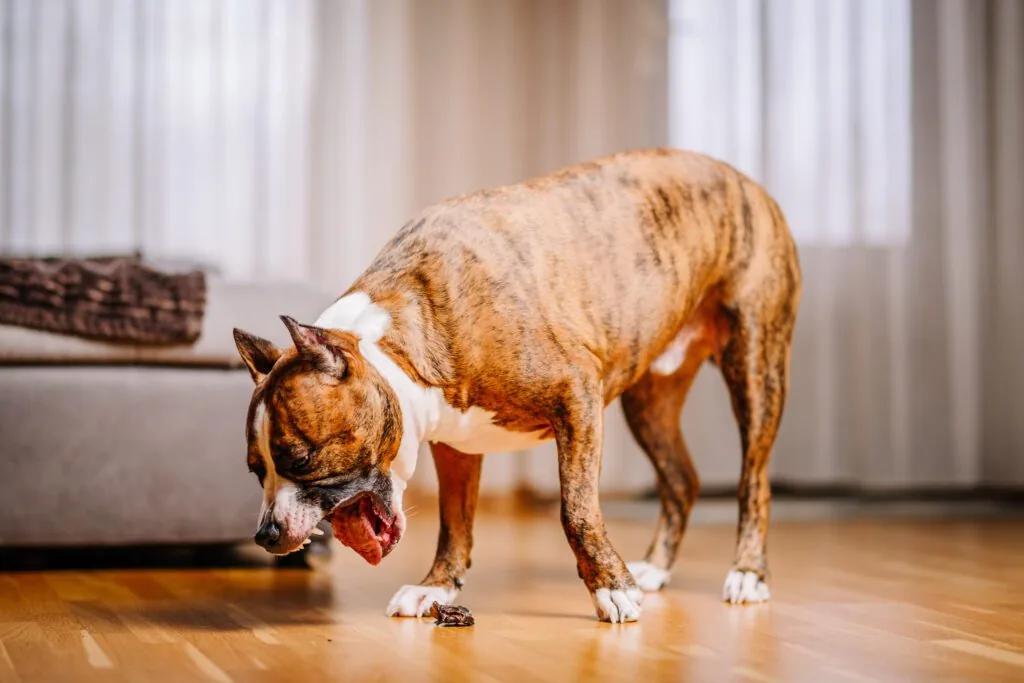Veterinarians in North Charleston, SC Providing Compassionate Pet Care

We believe in building trusting, long-lasting relationships with our clients and their pets by fulfilling our commitments to them and standing behind our core values each and every day.
Our Commitment to You
We will dedicate ourselves to the lifelong care of your pet.
We believe that you and your beloved family member should always be our main focus. Our knowledgeable and experienced staff and veterinarians will deliver incomparable health care using state-of-the-art equipment and medicine.
We will demonstrate integrity and compassion.
We believe in nurturing the bond that exists between you and your pet. Our success is built on providing exceptional customer service to our clients and a stress-free experience to our patients.
We will educate and empower.
We believe in doing what it takes to earn your confidence and trust. We will empower you with education and information so that you may join us as a member of your pet’s healthcare team.
Call us today (843) 553-0441 to schedule an appointment for your North Charleston Pet.
About Our Animal Hospital
We know that when it comes to choosing a vet, you have many options. Here at Northwoods Veterinary Clinic, we have a genuine passion and concern for all of your four-legged friends. Our personalized care—both for our patients and clients—is what keeps so many pet owners coming back to us year after year. Once we meet a pet and owner, we make a point to always remember their names. We also make every effort to help pets have an experience that is as comfortable and stress-free as possible, even if it means sitting down on the floor beside them. Some of the other features of our stress-free practice include:
- Non-skid mats on tables
- Cats allowed to explore rooms prior to exams
- Comfort packs for surgery
- Ample treats and rewards
- Use of Feliway pheromones in cat rooms and Adaptil pheromones in dog rooms
- Covered cat cages
- Gentle approach and interaction using minimal restraint
Veterinary Services We Offer in North Charleston, SC
As a full-service animal hospital in North Charleston, we are able to meet all of your pet’s basic health care needs. Our warm, welcoming atmosphere combined with our state-of-the art equipment allow us to provide many services, including:
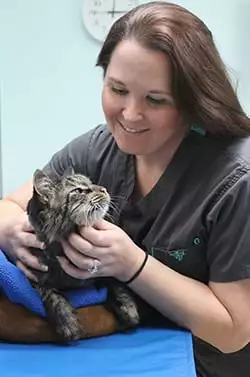
- Wellness exams & vaccinations
- Surgery
- Dental care
- Diagnostic testing
- Laser therapy
- Online pet records access
- Online store
Please visit the “Services” tab of our website to learn more about each of the services Northwoods Veterinary Clinic offers and how our approach to pet healthcare sets our animal hospital apart. Call us today at (843) 553-0441 or use the online appointment request form to schedule your visit.
Without a doubt the best practice I’ve ever been to for my pet’s health. We have found our new Veterinary home.
-John
Our clients think we’re the cat’s meow!
Tell us what YOU think!




